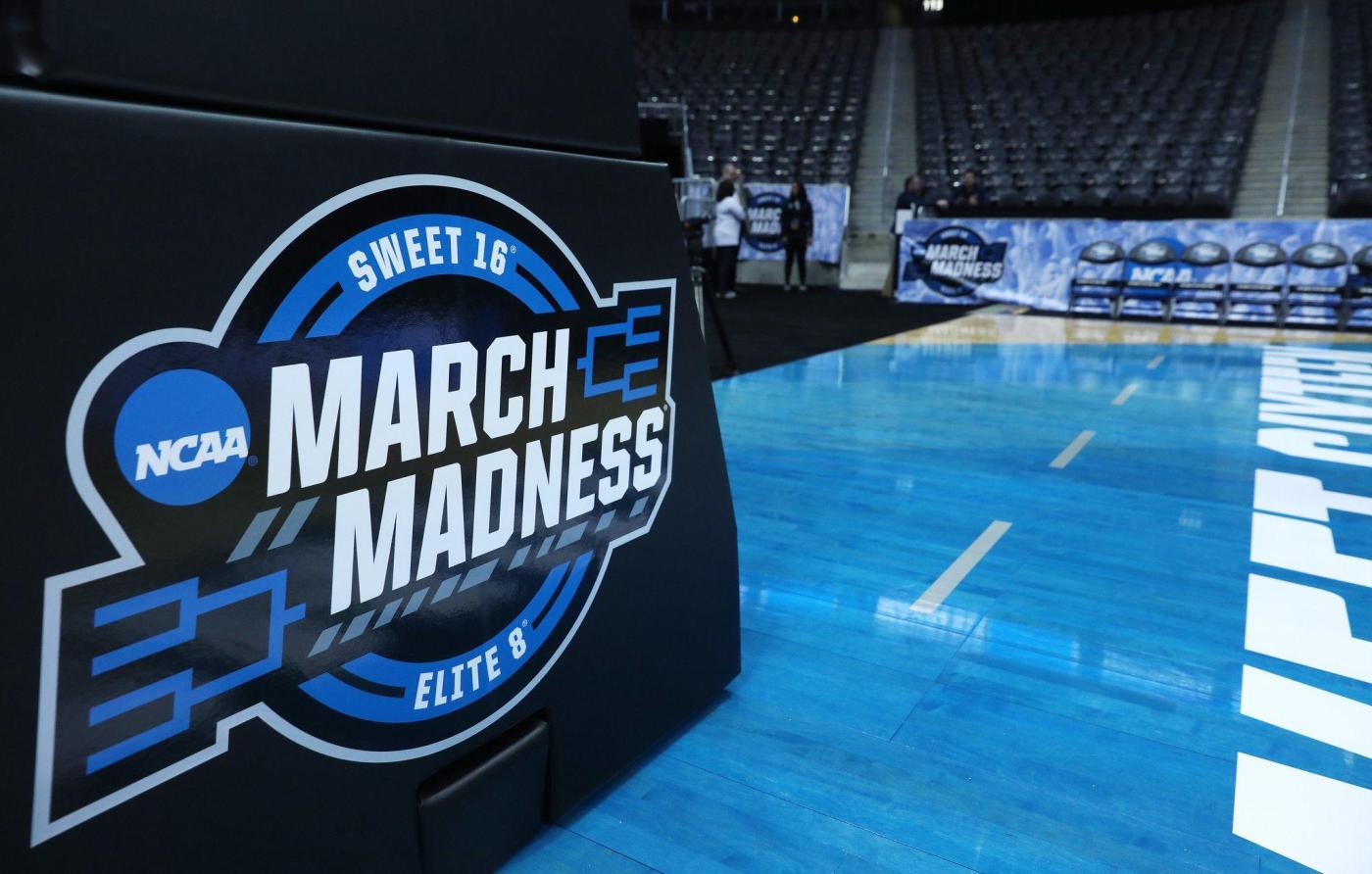
Allison Schrager: What are the odds of enjoying March Madness now?
Like many Americans, I love March Madness. I still consider the night of March 22, 1990, when my local college team won one of the greatest victories in NCAA basketball tournament history, one of the most exciting moments of my life. Of course, a strong emotional attachment to a particular team isn’t the only reason why people love March Madness: The money they have on the line adds an extra thrill. Part of the annual tradition is the office bracket pool — in the age of remote work, it’s one of the few things that brings colleagues together.
Now, that gambling has taken a dark turn. Since the Supreme Court’s 2018 decision ending the prohibition on sports gambling in most states, March Madness betting has become easier and more accessible. As a result, more people are betting not against their coworkers, but through online gambling sites. In fact, per-capita wagers on the NCAA tournament are expected to be larger than the Super Bowl this year.
Add it all up, and the outcome is clear: Americans have an unhealthy relationship with risk.
My libertarian impulses are too strong to oppose the legalization of sports gambling. But I am not sure it should be quite so easy to do, either. This gambling boom has been made possible by technology — specifically, the apps on our phones. Not to mention the betting parlors in many professional sports arenas. Now even many universities themselves are promoting gambling on campus.
The amount of money Americans spend gambling has exploded in recent years. Much of it is sports gambling, as casino revenues have not grown nearly as much. Mobile apps and websites accounts for a large share of the boom; 30 states now allow sports betting on mobile sites. It is a $320 billion business.
It’s extraordinary that regulators have allowed gambling to become so accessible. For some people, gambling may be harmless fun, but many others are developing a serious problem — and younger people are a fast-growing segment of problem gamblers. There are also concerns that there could be more match-fixing.
This lax regulatory attitude is all the more surprising considering the many rules and laws preventing people from taking healthy and productive risks. Americans face many barriers to taking risk in their lives. Decisions such as moving, starting a business, even changing jobs — all are hamstrung by a mess of regulations, on such things as occupational licensing, construction and employer-provided health care. The result? Stagnating wages and an inability for many Americans to get ahead.
And then there are the cultural forces, such as a fetishization of safetyism that makes even low-stakes social interactions feel risky. In almost every realm of business and society, Americans are taking less risk, and being encouraged to do so.
Taking healthy risks — say, starting a business or moving — can create value on both a personal and macroeconomic level. Even investing in the market is productive, because it provides capital to businesses and can pay off handsomely for the investor.
In general, the U.S. has a regulatory structure that deprives Americans of agency and makes it harder for them to take risks that enhance their lives. There is one glaring exception: sports gambling, where the bets are zero-sum and the house usually wins. In a healthy society, it should be easier to invest in the stock market than to bet a fortune on a basketball game.
Odds are that more regulations are coming to sports betting. So far they mostly relate to advertising, though one idea is to ban gambling apps and allow gambling only in physical locations (it seems to be working in Delaware). But as long as states are enjoying the tax revenue that gambling brings, they probably won’t do anything very dramatic. Another approach might be for both the states and the federal government to engage in more systemic reform and foster more productive risk-taking.
Sports gambling is as old as civilization, and in small doses it can be enjoyable and improve social cohesion — like that annual office bracket pool. But as with so much else, technology is pushing people to the most extreme outcome. And as sports gambling has become too big and too easy, more healthy risk-taking has become too rare and too difficult.
Besides which, sports gambling is threatening to ruin one of my sweetest memories, and one of my favorite things about March Madness. Now when I watch someone hit a buzzer-beating shot, I feel a little less joyous, because I can’t help thinking about all those people who just lost far more money than they can afford.
Allison Schrager is a Bloomberg Opinion columnist covering economics. A senior fellow at the Manhattan Institute, she is author of “An Economist Walks Into a Brothel: And Other Unexpected Places to Understand Risk.”
Related Articles
Lisa Jarvis: Parents alone can’t protect kids from social media
David Brooks: The great struggle for liberalism
Trudy Rubin: ISIS terror attack in Moscow and GOP obstructionists play into Putin’s hands
Frank Barry: San Francisco gets tough to save liberalism
Manners, Lane: What the ancient Greeks — and our founders — understood about democracy


